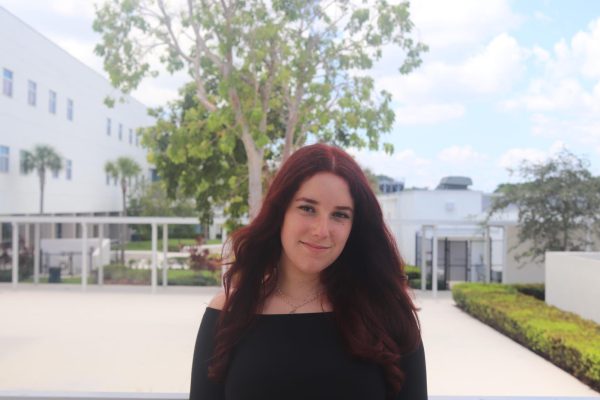“One Giant Leap For Mankind:” Celebrating World Space Week
October 12, 2022
The beauty of space exploration remains a pivotal feat in the course of human history. Through science and technology, humans have had the ability to explore space for the past 61 years, helping drive change within the environment and allowing them to understand their place in the universe. Through this desire to explore the universe beyond earth, many scientists acknowledge that space exploration remains fundamental, which motivated the United Nations General Assembly to introduce World Space Week in 1999.
Celebrated from Oct. 4 to Oct. 10, World Space Week honors the contributions that science and technology in space have made toward improving human life. Celebrating World Space Week encourages future astronauts, scientists, physicists, mathematicians and engineers to pursue STEM-related careers.
Each year, the World Space Week Board of Directors coordinates a theme for the event in collaboration with the U.N.’s Office of Outer Space Affairs. This year, the theme is “Space and Sustainability,” which honors achieving environmental sustainability in space. For the betterment of our planet, finding means of space exploration that remains sustainable has the potential to drive planetary change. For example, space exploration has allowed scientists to measure climate change and pollution, while also providing them with information on how to progress agriculture in less developed countries.
“I think [sustainability] is really important because we’re running out of material…but also just being more affordable, attainable or reusable. I guess it’s better not only for [the] environment, but it really makes things cheaper. It makes [it] a lot easier for us to go into space and try out whatever we want to try,” Miami Palmetto Senior High School Senior and Student Astronaut Challenge participant Jake Rivero-Aleman said. “If you look to history anytime, there is only ever art when there is extra money. So it is like, we can go out and explore space and discover all this cool stuff that can maybe even help us back out here on earth.”
Beyond sustainability and encouraging future scientists and astronauts, World Space Week also reminds society of the importance of space exploration and education in its power to generate global change – whether environmentally, socially or politically.
For Rivero, he believes space has the power to unite people in a common cause.
“[There is] a lot of divisiveness going on in the world, so it is cool that space is something that a lot of people can really come to agree on. And it is ironic even saying that because Russia and the U.S. [during the cold war] had their space race. But, at the end of the day, the first time we had people talking together about space was actually Americans and Russians. So I think space is a really good uniting factor that we can have everyone come together on a goal, ” Rivero said. “No one really cares that the Americans put their flag on the moon, you know; space is considered a national territory. Everyone goes to the International Space Station to go and learn about the same thing. So I think [space] can really just unite more people [rather] than bring them apart.”
Educating others on space science and honoring its contributions to human life, it serves as a reminder that humans are capable of anything – including reaching the stars. Space has the power to bring people together and to solve issues, some considering the health of their own home planet.
“Part of the challenge is learning a lot of the history behind these astronauts…I think it’s a cool idea to honor [World Space Week] because it really brings more attention. Like NASA or Space X only really gains attention when [something] bad or huge happens… I think a lot of people could have a lot of new insight about the world if they were to look and learn about space because it’s definitely changed the way I look at life,” Rivero said.








